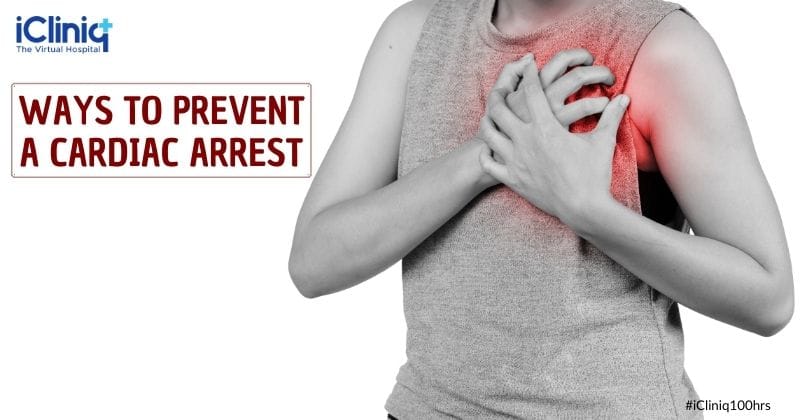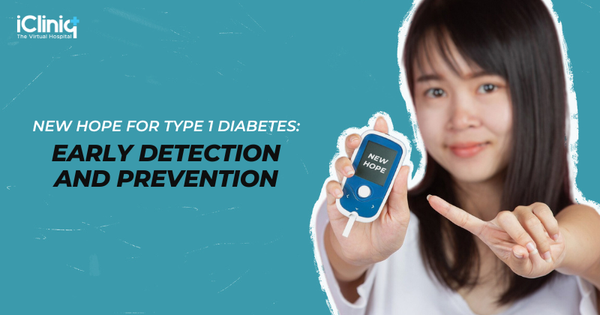Ways To Prevent A Cardiac Arrest

Cardiac arrest is the abrupt loss of heart function in an individual who earlier may or may not have been diagnosed with any heart disease. It happens when the blood pumping function of the heart gets suddenly stopped or arrested. Cardiac arrest is one of the most common reasons for deaths in the world.
As per data, about 900 Americans die every day due to cardiac arrest. The incidence and rate of deaths are high, whereas the survival rates are low in case of cardiac arrest. Nearly 85% of cardiac arrests happen outside the hospital.

There are many factors that can raise the risk of cardiac arrest. Some of the more serious risk factors cannot be controlled, but there are many factors that you can control. Let us see some of the simplest ways you might be able to prevent a cardiac arrest.
1) Eat Healthily

Cholesterol is the biggest foe of your heart. High cholesterol can block your arteries and can raise the risk of cardiac arrest. Try to reduce the intake of salt, saturated fats, and added sugars. Take in plenty of fruits, green vegetables, and whole grains. By eating healthily, you can keep your cholesterol levels in control, which will be a significant factor in preventing cardiac arrest.
2) Stop Smoking

Cigarette smoking can cause an increase in blood pressure, which together contributes to the high risk of cardiac arrest. Studies say that smokers are more prone to cardiac arrest. So try to quit smoking. You can consult a healthcare professional online who will guide you through quitting smoking effectively.
3) Exercise Regularly

Exercises have many potential benefits, one of which is it helps to improve the heart’s health by improving circulation. It also helps you to maintain your weight. Exercising for about 15 to 20 minutes daily is good enough for your heart. All these together can lower the risk of cardiac arrest.
4) Sleep Properly

Not getting sufficient sleep and struggling to sleep can raise the risk of cardiac arrest. If you have disruptive sleep patterns like sleep apnea and insomnia, you are more prone to heart diseases. Normally a person needs at least seven to eight hours of sleep to stay healthy. However, you need to make sure that you get sufficient hours of sleep when it comes to heart health.
As the saying goes – “Prevention is always better than cure.” When it comes to heart health, prevention is way better than cure. You can follow these simple ways to improve your heart health.

Content published on this website is not intended to be a substitute for professional medical diagnosis, advice or treatment by a trained physician. Seek information from your physician or other qualified healthcare providers with questions you may have regarding your symptoms and medical condition for a complete medical diagnosis. Do not delay or disregard seeking professional medical advice because of something you have read on this website.





